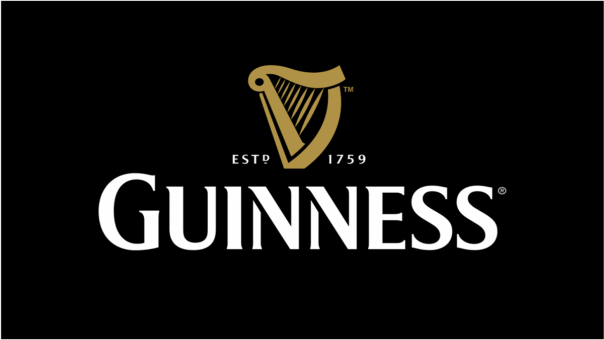Guinness Nigeria, a major beverage maker, has announced an upward review in the prices of some products.
In a memo dated November 8, and signed by Olusanya Adesanya, its commercial director, the Guinness said the price adjustments would take effect from today, November 11.
Guinness Nigeria is a producer of both alcoholic and non-alcoholic beverages such as Guinness, Malta Guinness, amongst others.
“This is to inform you of the price change on some of our BEER SKUs/brands effective Monday November 11, 2024, as shown in the table below,” the memo reads.
“This is due to the prevailing economic realities which have impacted significantly on our current cost of doing business.
“Whilst appreciating your valued partnership, please be assured of our commitment to continue to support your distribution efforts as usual.”
Speaking on the new products’ prices; the company said a crate of large Guinness will cost N13,590 for wholesalers, N14,070 for retailers, and N1,300 per bottle.
For medium Guinness, the organisation said wholesalers will now pay N16,230 for a crate, retailers will pay N16,610, and a bottle will cost N1,100.
“Small Guinness (Wholesalers N17,570, Retailers N18,020, and per bottle N900); FES Can (Wholesalers N23,580, Retailers N23,965, and per bottle N1,100); Orijin Can (Wholesalers N16,600, Retailers N17,015, and per bottle N900)
The company said the new wholesale price for the Guinness Smooth brand is N16,230, noting that retailers will pay N16,610, while a bottle will be sold for N1,100
“Guinness Smooth Can (Wholesalers N23,580, Retailers N23,965, and per bottle N1,100); Malta Guinness Classic (Wholesalers N12,655, Retailers N13,500, and per bottle N700); Malta Guinness Can (Wholesalers N15,385, Retailers N16,025, and per bottle N800); Dubic Malt RGB (Wholesalers N11,795, Retailers N12,590 and per bottle N650); and Dubic Malt Can (Wholesalers N14,265, Retailers N14,880, and per bottle N750),” the memo further reads.
With the twin challenges of inflation and the devaluation of the naira, Nigeria’s business landscape has become increasingly challenging.
Manufacturers in Nigeria, apart from struggling to secure foreign exchange (FX) for the importation of raw materials, are battling high energy costs, which represent between 28 to 40 percent of all their operational costs, according to the Manufacturers Association of Nigeria (MAN).
The situation is worsened by incessant national grid collapses that often throw the country into darkness, forcing businesses to adopt strategies — including price adjustments — to sustain operations.
Earlier this year, Nigerian Breweries (NB) Plc also increased the prices of its products to mitigate the impact of the rising cost of input.



